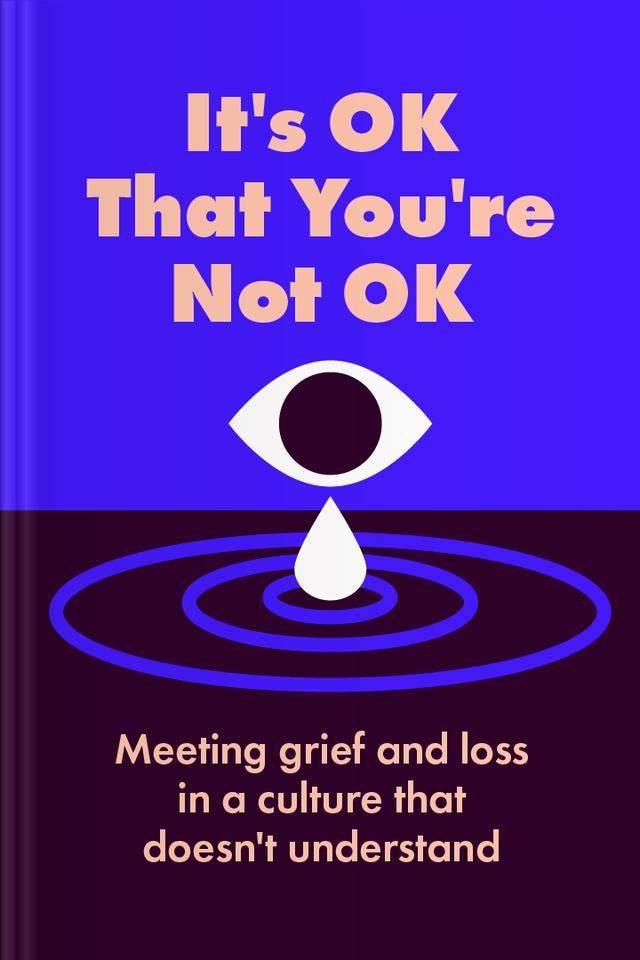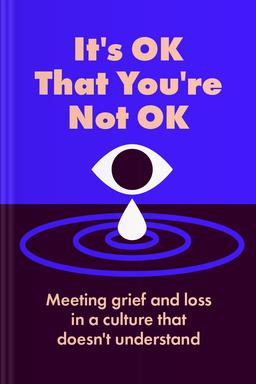You’ll learn
- Why grief is a love story in disguise
- How societal norms distort true grieving
- The art of supporting without fixing
- Embracing grief to foster wisdom
Protect the world’s peace. Donate to support Ukraine

first KEY POINT
There’s no quick fix to the pain that comes from losing a loved one. What we can do is learn how to tend to it. Dealing with loss supplies us with a special type of wisdom that can only be gained through experiencing grief. If we can learn to surmount the societal aversion for feelings, we will acquire the much-needed wisdom that comes from experiencing love and loss.Our society teaches us to put a bandaid on the grief we feel from loss, but we need to let it train us to become better. Megan Devine, a psychotherapist with a decade of practice under her belt, learned this lesson from the sudden loss of her husband. Despite being a professional therapist, she found that helping those who suffer from the loss of a loved one is entirely different from experiencing it yourself. She discovered that the conventional approaches to grief are faulty and decided to share the lessons from her loss.
Megan Devine’s husband drowned in 2009, three days before his 40th birthday. This event led her to discover the failure of her profession in dealing with loss. She found that the rest of the world dismisses, judges, and misunderstands grieving people. And they do it inadvertently. Megan Devine has been able to fashion out an effective way of interacting with grief and supporting one another as we grapple with it.In this summary, you will discover how to rehumanize grief to see it as an integral part of life. Then you’ll discover the skills needed to make good use of the change that loss brings.Grief is not a disease that requires treatment. So we need to learn the skills and have the compassion necessary to navigate this experience. To love better during tough times, we must first comprehend the reality of grief.
second KEY POINT
Our culture is always trying to solve grief as if it were a problem. Words sent to comfort grieving persons appear to either deny or diminish the sense of loss. Thus, you’re driven into greater depths of loneliness.

Continue reading with Headway app
Continue readingfirst KEY POINT
second KEY POINT
third KEY POINT
fourth KEY POINT
fifth KEY POINT